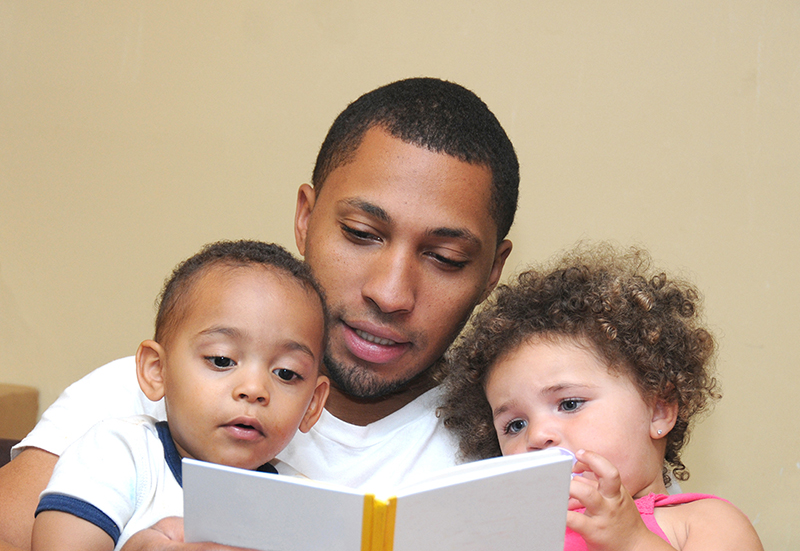
Important brain development continues from birth through the age of 3 years. This is a great window of opportunity for parents and caregivers to expose infants and toddlers to early language enrichment.
So what can you do to help your infant’s speech and language development?
• Read to your child using a calm, consistent voice. Avoid large inflections or reading in too loud of a voice.
• Monitor your infant’s cues to determine readiness for participation in this shared experience. Decrease the volume or pace of your voice if you observe an increase in stress or disengagement from your infant. If your infant continues to show signs of increased stress or disengagement, stop reading and soothe your infant.
• You can also talk to or sing simple lullabies to your infant, maintaining a consistent rhythm and volume.
In addition to stimulating your infant’s language development, these activities will help you bond with your infant.
Tips for Reading to Your Toddler and Preschooler
Between the ages of 0 – 2 years, babies and toddlers start to enjoy book reading with others. They learn to turn pages, hold the book right-side up, recognize print from pictures, understand rhyme, and pretend to read when others are reading. Reading skills continue to grow into the preschool years as children ages 2 – 5 years start to understand:
• Letters have sounds by learning the alphabet song and recognizing and naming letters
• Print is read left-right
• Pages need turning to get to the next part of the story
Toddlers and preschoolers also begin dividing sentences into words and words into syllables, rhyming, and blending sounds together to make full words. Finally, they are learning to see their own name in print and may recognize signs in their environment (e.g., store and restaurant names). However, as babies grow to toddlers and become more active, reading books together can feel more challenging!

